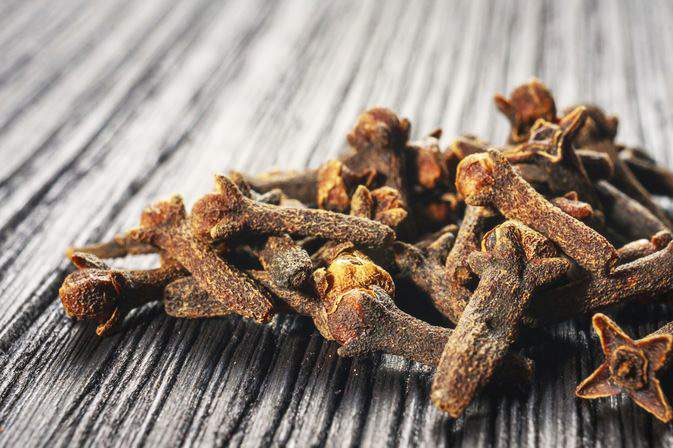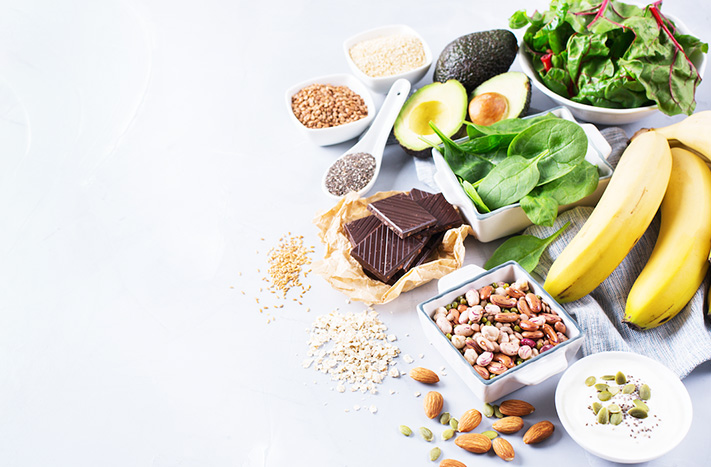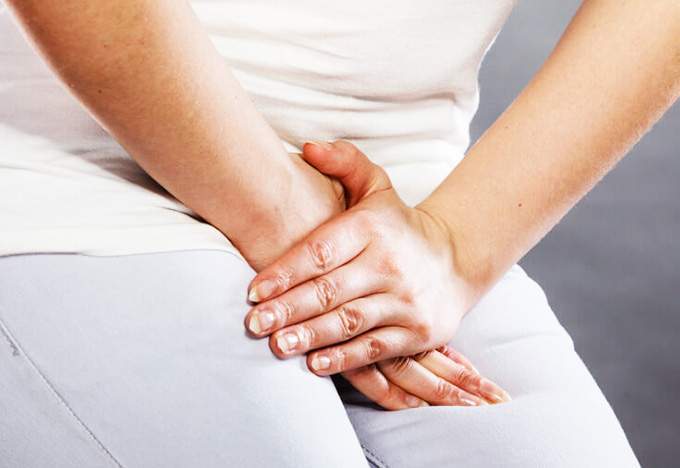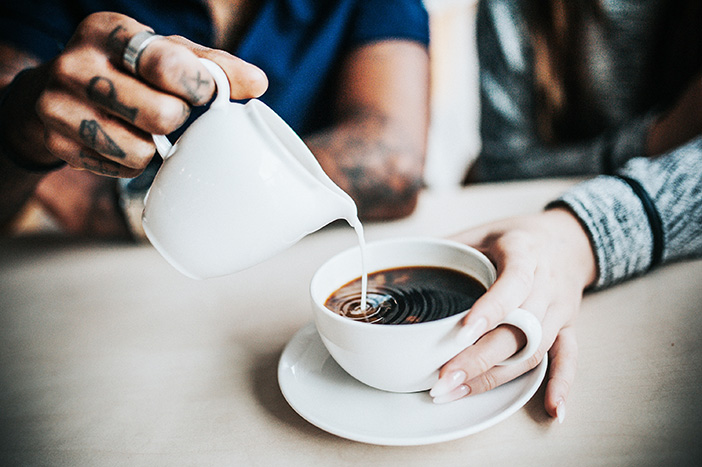Just like what the name says, an overactive bladder is having a urinary bladder that is more active than normal. Definitely, it’s something that can interfere with your life because it can cause you to rush to the bathroom several times during the day. It may also deprive you of much-needed sleep as an overactive bladder can make you pee a lot at night.
Having an overactive bladder can also be a really embarrassing condition. Since the urinary bladder is always filled, it’s not unlikely for incontinence to develop, too. Urine may suddenly leak when you laugh, cough or sneeze. It may also happen when you make sudden movements or while you are exercising at the gym.
Contrary to popular belief, an overactive bladder — as well as incontinence that it’s associated with — is a problem that is not exclusive to the elderly. While it’s true that aging can increase a person’s risk of it, just about anyone at any age can suffer from an overactive bladder. In other words, no one is exempted from the embarrassment it brings!
Some of the usual causes of an overactive bladder include:
Diet.
The intake of processed foods can cause the body to prompt the kidneys to work harder in order to have unwanted substances in them flushed out. Consuming diuretics can also give rise to it.
Stress and anxiety.
Being stressed all the time and suffering from anxiety can make you feel on the edge, and this is something that can accelerate the production of urine.
Constipation.
The accumulation of fecal matter in the colon can cause pressure to be applied on the urinary bladder, thus causing it to feel full of urine even though it hasn’t fully reached its maximum capacity.
Health Conditions.
Experts say that an overactive bladder can also be associated with all sorts of problems. Some of them are diabetes, neurological disorders and urinary tract infections (UTIs).
The following are some of the things that can help manage an overactive bladder:
Watch your fluid intake.
Most of the time, an overactive bladder is simply due to the intake of excessive amounts of fluids. Although it’s true that being dehydrated is not a good thing, being overly hydrated can pose some problems, too. One of them is having an overactive bladder.
Limit your intake of diuretics.
Coffee, tea, soda, alcohol — all of these are regarded as diuretics as they promote an increase in the production of urine. Naturally, limiting your intake of them can put an end to an overactive bladder. There are certain medications, too, that can cause diuresis as a side effect.
Ensure regular bowel movement.
As mentioned earlier, one of the usual culprits behind an overactive bladder is constipation. It’s for this reason why it is a good idea to make sure that you move your bowels on a regular basis. Such can be done by including fiber-rich foods in your diet and being physically active.
Lose excess pounds.
Speaking of being physically active, exercising on a regular basis coupled with healthy eating habits can help you lose weight, thus put an end to your overactive bladder. Unwanted weight most especially in the midsection can put pressure on the urinary bladder.
Do pelvic floor exercises.
Also known as kegel, pelvic floor exercises can help strengthen the muscles that control the flow of urine. Pelvic floor exercises are as easy as contracting and relaxing the said muscles in succession. With success, you can steer clear of those embarrassing accidental urine leakages, too.
See a doctor.
There are many different health problems that can cause the urinary bladder to become overactive. It’s of utmost importance to have the underlying condition determined as well as treated promptly so that your problem concerning your urinary bladder can be managed.








